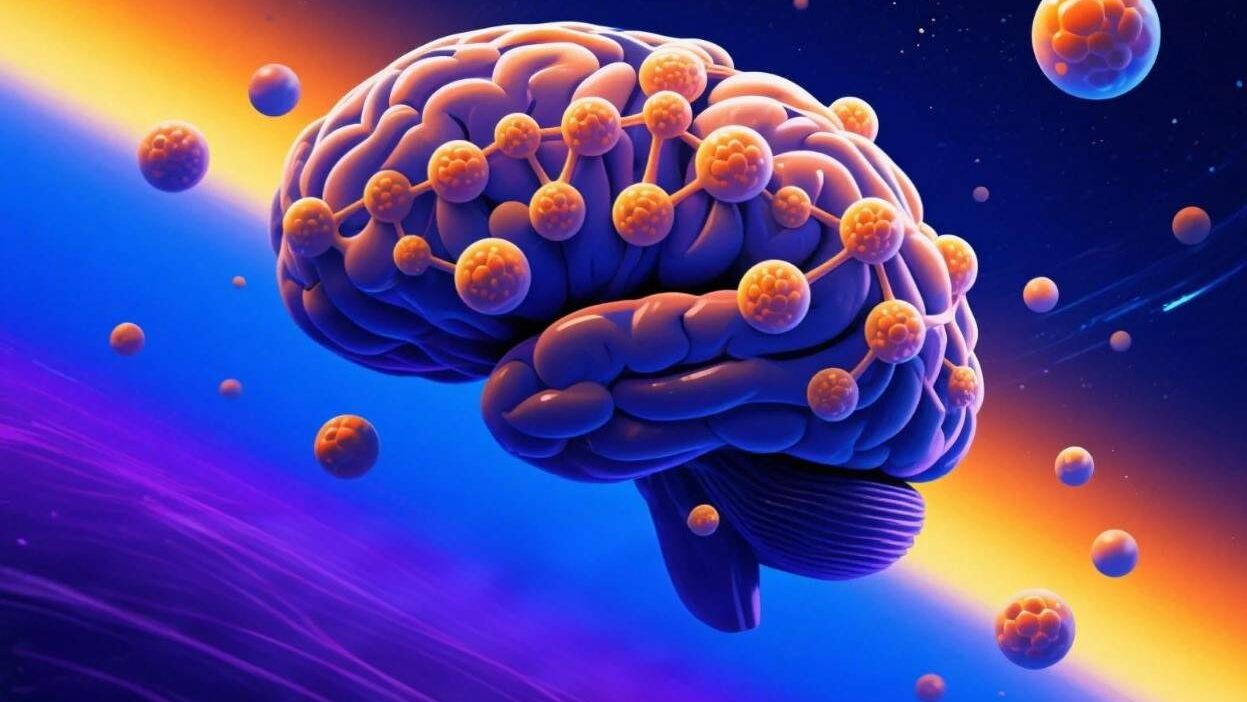Bridging Quantum Mechanics and the Mind
Consciousness—the subjective experience of awareness, emotion, and thought—remains one of science’s greatest mysteries. For decades, neuroscientists have sought to explain it through classical physics, focusing on neural networks, synapses, and electrochemical signaling. Yet, a growing number of researchers argue that consciousness may arise from quantum processes—subatomic phenomena like superposition, entanglement, and coherence. This intersection of quantum mechanics and biology, termed quantum biology, challenges traditional paradigms and raises profound questions: Could consciousness be a quantum phenomenon? If so, what does this mean for our understanding of the mind, free will, and the nature of reality?
Quantum Biology: A Primer
Quantum biology applies the principles of quantum mechanics to biological systems, exploring how quantum effects influence life at the molecular, cellular, and organismal levels. Unlike classical physics, which describes the macroscopic world, quantum mechanics governs the behavior of particles at the scale of atoms and subatomic particles, where phenomena like superposition (existing in multiple states simultaneously) and entanglement (correlations between particles regardless of distance) dominate.
Key areas where quantum effects are observed in biology include:
- Photosynthesis: Plants use quantum coherence in light-harvesting complexes to transfer energy efficiently.
- Bird Navigation: Birds may sense Earth’s magnetic field via quantum entanglement in their retinas.
- Enzyme Catalysis: Quantum tunneling allows enzymes to accelerate chemical reactions beyond classical limits.
These examples suggest that quantum mechanics is not confined to the subatomic realm but plays a functional role in living systems. Could it also underpin consciousness?
Theories of Consciousness: Classical vs. Quantum
To address whether consciousness is quantum, we first examine leading theories of consciousness and their compatibility with quantum mechanics.
1. Classical Theories of Consciousness
Most mainstream theories frame consciousness as a product of classical neural activity:
- Integrated Information Theory (IIT): Posits that consciousness arises from the integration of information across neural networks. A system’s “consciousness” depends on its ability to integrate diverse inputs (e.g., sensory data) into a unified experience.
- Global Workspace Theory (GWT): Suggests consciousness emerges when information is broadcast across a “global workspace” in the brain, making it available to multiple cognitive systems (e.g., memory, attention).
- Neural Correlates of Consciousness (NCC): Focuses on identifying specific brain regions (e.g., prefrontal cortex, thalamus) and neural patterns (e.g., gamma-band oscillations) associated with conscious experience.
These theories rely on classical physics, assuming neurons and synapses operate via deterministic, local interactions.
2. Quantum Theories of Consciousness
A minority but growing body of work argues that quantum processes are essential to consciousness:
- Orchestrated Objective Reduction (Orch-OR): Proposed by Roger Penrose and Stuart Hameroff, this theory suggests consciousness arises from quantum computations in microtubules—protein structures inside neurons. Microtubules, they argue, act as “quantum computers” where superpositions of states (e.g., “firing” or “not firing”) are orchestrated by the brain’s structure, leading to subjective experience.
- Quantum Brain Dynamics (QBD): Suggests that quantum coherence in neural membranes or ion channels enables non-local, instantaneous communication between neurons, bypassing classical signal transmission.
- Panpsychism and Quantum Consciousness: Some philosophers (e.g., David Chalmers) propose that consciousness is a fundamental property of matter, with quantum systems (including the brain) inherently possessing proto-conscious states that combine to form human experience.
Evidence for Quantum Consciousness: Supporting Arguments
Proponents of quantum theories point to several lines of evidence:
1. Quantum Coherence in Neural Systems
- Microtubule Computation: Hameroff and Penrose argue that microtubules, with their cylindrical structure and periodic lattice, can sustain quantum superpositions for longer timescales than previously thought. Experiments using laser interferometry suggest microtubules may exhibit quantum coherence, though critics note that thermal noise in the brain (≈300K) would disrupt such states.
- Photon Entanglement in Retina: A 2021 study in Nature Communications found that retinal cells can generate entangled photon pairs, hinting at quantum processes in visual perception.
2. Limits of Classical Explanations
Classical theories struggle to explain:
- The Hard Problem of Consciousness: Why do some systems (e.g., humans) have subjective experience, while others (e.g., computers) do not? Quantum theories propose that only systems capable of quantum computation (like the brain) can generate this “qualia.”
- Non-Locality in Perception: Some argue that consciousness requires non-local correlations (e.g., sensing a sound and seeing its source simultaneously), which classical physics cannot explain but quantum entanglement might.
3. Evolutionary Advantage
Quantum effects could provide adaptive benefits. For example, quantum tunneling in enzymes speeds up reactions, and quantum coherence in photosynthesis maximizes energy capture. If consciousness evolved to leverage these quantum efficiencies, it would explain why the brain’s structure (e.g., microtubules) aligns with quantum principles.
Critiques and Counterarguments
Skeptics challenge the quantum consciousness hypothesis on several grounds:
1. Technical Feasibility
- Decoherence: Quantum states are fragile and easily disrupted by environmental noise (e.g., heat, light). The brain’s warm, wet environment (≈37°C) would likely destroy quantum coherence before it could influence consciousness.
- Measurement Challenges: Detecting quantum effects in the brain requires ultra-sensitive tools (e.g., cryogenic detectors), which are impractical for in vivo studies.
2. Lack of Empirical Support
No definitive experiment has confirmed quantum coherence in neural activity. Most “evidence” (e.g., microtubule computations) remains theoretical or based on analogy to non-biological systems (e.g., quantum computing in labs).
3. Redundancy of Quantum Effects
Classical neural networks can already explain complex behaviors (e.g., learning, memory) without invoking quantum mechanics. Critics argue that adding quantum effects is unnecessary and unparsimonious.
Ethical and Philosophical Implications
If consciousness is quantum, it reshapes our understanding of identity, free will, and AI:
- Free Will: If consciousness arises from quantum indeterminacy, human choices might not be entirely deterministic, challenging notions of free will.
- Identity: A quantum basis for consciousness could imply that the “self” is not a fixed entity but a dynamic, evolving process tied to quantum states.
- AI and Consciousness: If quantum processes are necessary for consciousness, artificial general intelligence (AGI) might require quantum computing to achieve subjective experience, raising ethical questions about rights and personhood.
The Future of Quantum Biology and Consciousness
The debate over quantum consciousness is far from settled. Progress will depend on:
- Experimental Innovations: Developing tools to detect quantum coherence in neural tissue (e.g., quantum-enhanced MRI, single-photon detectors).
- Theoretical Refinement: Strengthening models like Orch-OR by addressing decoherence and scalability.
- Interdisciplinary Collaboration: Bridging physics, neuroscience, and philosophy to test hypotheses rigorously.
A Quantum Leap in Understanding
Quantum biology challenges us to reimagine consciousness not as a byproduct of classical neural activity, but as a phenomenon rooted in the subatomic dance of particles. While the evidence remains tentative, the possibility that consciousness is quantum opens new frontiers in science and philosophy. Whether proven or not, exploring this question deepens our appreciation for the universe’s complexity—and our place within it.
As physicist Niels Bohr once said, “Anyone who is not shocked by quantum theory has not understood it.” If quantum mechanics holds the key to consciousness, we are on the cusp of a revolution in how we understand what it means to be human.



